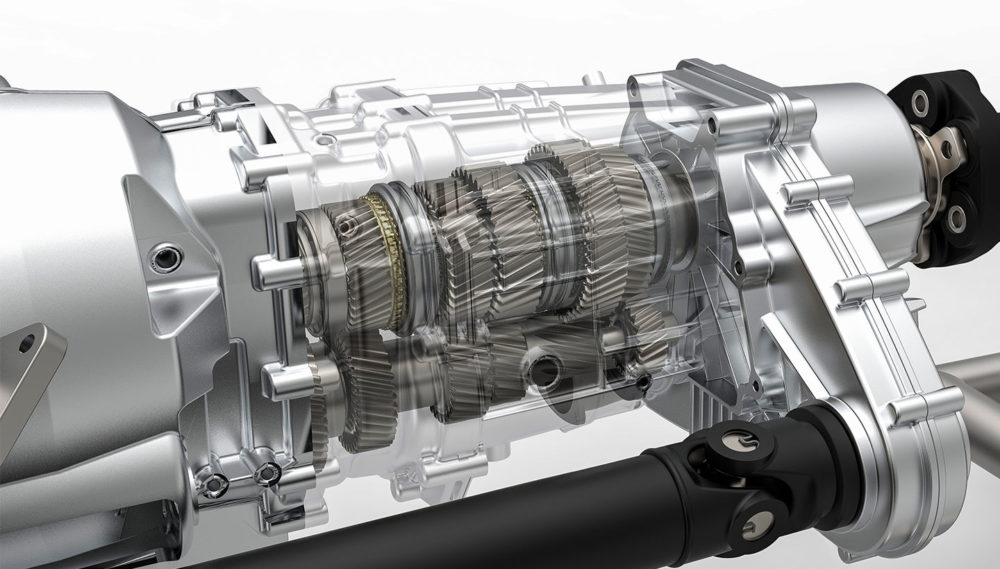Mobile:+86-311-808-126-83
Email:info@ydcastings.com
100mm pipe cap
Understanding the 100mm Pipe Cap A Comprehensive Guide
In the world of plumbing and piping systems, the components we choose play a crucial role in ensuring efficiency, safety, and durability. One such essential component is the 100mm pipe cap. This article aims to explore the diverse applications, materials, installation techniques, and benefits of 100mm pipe caps, providing a comprehensive understanding of their significance in various industries.
What is a 100mm Pipe Cap?
A pipe cap is a fitting used to seal the end of a pipe, effectively preventing any substances from flowing through. The 100mm designation refers to the nominal diameter of the pipe, indicating that the cap is designed to fit pipes with an outer diameter of 100 millimeters. These caps can be made from various materials, including PVC, CPVC, stainless steel, and other alloys, depending on the application and environmental conditions.
Applications of 100mm Pipe Caps
100mm pipe caps are utilized across multiple industries, including plumbing, construction, and manufacturing. Some common applications include
1. Water Supply Systems In residential and commercial plumbing systems, 100mm pipe caps are often used to seal the ends of water supply lines that are not currently in use or to temporarily block off those under repair.
2. Wastewater Management In sewer and drainage systems, these caps help to seal pipe ends, preventing odors and contaminants from escaping into the environment.
4. Hydronic Heating In heating systems, these caps can be used to close off sections of piping during maintenance or installation, allowing for isolated repairs without draining the entire system.
Material Choices
The choice of material for a 100mm pipe cap is crucial, as it impacts the durability and performance in specific applications.
- PVC Caps Lightweight and corrosion-resistant, PVC caps are commonly used in plumbing applications for water supply and waste systems. They are also relatively easy to install and cost-effective.
- Stainless Steel Caps For applications involving high temperatures or corrosive substances, stainless steel caps provide excellent strength and durability. They are commonly found in industrial settings.
- HDPE Caps High-Density Polyethylene (HDPE) caps are used in environments that require extreme resistance, such as chemical processing, due to their robustness and effectiveness against harsh substances.
100mm pipe cap

Installation Techniques
Installing a 100mm pipe cap is typically a straightforward process, but it requires careful handling to ensure a secure fit.
1. Preparation Ensure all pipe ends are clean and free from debris. This helps to create a better seal.
2. Dry Fitting Before permanent installation, dry fit the cap onto the pipe to ensure proper alignment and fit.
3. Use of Adhesives For PVC and other plastic caps, apply a suitable adhesive or solvent cement to both the pipe end and the cap. Press them together firmly, and allow adequate curing time based on the product instructions.
4. Threaded Caps If using a threaded cap, simply screw it onto the pipe end until snug, ensuring it is not overtightened, which could damage the threads.
5. Inspection After installation, inspect the joint for leaks. In cases of threaded caps, check for tightness.
Benefits of Using 100mm Pipe Caps
1. Leak Prevention By effectively sealing the ends of pipes, these caps prevent leaks and spills, contributing to a safe operating environment.
2. Pressure Maintenance In systems where pressure control is vital, caps can help maintain the required pressure levels by sealing off unused pipes.
3. Versatility Available in different materials and designs, 100mm pipe caps can be customized for various applications, making them a versatile choice in many industries.
4. Cost-Effective Being relatively inexpensive yet reliable, 100mm pipe caps provide an economical solution for pipe termination and protection.
Conclusion
In summary, a 100mm pipe cap is a vital component in numerous piping systems across various industries. Understanding their applications, materials, installation techniques, and benefits can help ensure efficient and safe operations. Whether you are in plumbing, wastewater management, or industrial manufacturing, selecting the right pipe cap can significantly impact the effectiveness and reliability of your systems.
-
Why Should You Invest in Superior Pump Castings for Your Equipment?NewsJun.09,2025
-
Unlock Performance Potential with Stainless Impellers and Aluminum End CapsNewsJun.09,2025
-
Revolutionize Your Machinery with Superior Cast Iron and Aluminum ComponentsNewsJun.09,2025
-
Revolutionize Fluid Dynamics with Premium Pump ComponentsNewsJun.09,2025
-
Optimizing Industrial Systems with Essential Valve ComponentsNewsJun.09,2025
-
Elevate Grid Efficiency with High-Precision Power CastingsNewsJun.09,2025











